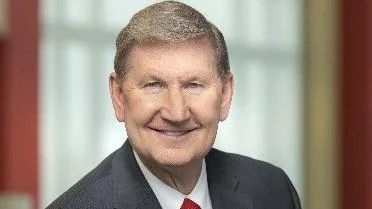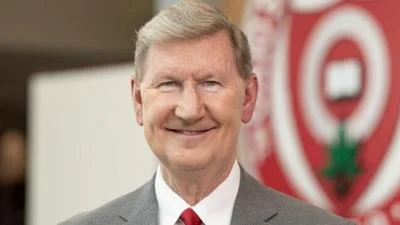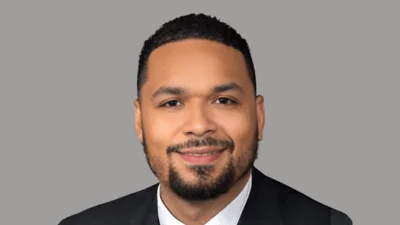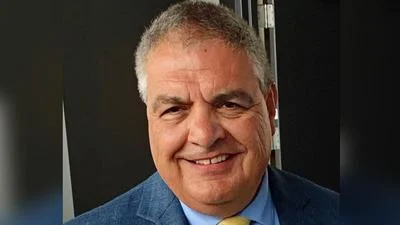Walter “Ted” Carter Jr. President at Ohio State University | Twitter Website
Walter “Ted” Carter Jr. President at Ohio State University | Twitter Website
Peter Mohler, from The Ohio State University, recently expressed enthusiasm about the current state of science. Mohler, who serves as the executive vice president for research, innovation, and knowledge, opened the third Workshop for Commercialization of Research in Low-Earth Orbit. "Thank you all for being here today," he addressed the attendees, adding that such events remind of childhood dreams, whether one is a scientist or from the business sector.
The workshop's location at Ohio State was also highlighted by Mohler. "Ohio has a rich history, as you all know, in space exploration," he said, mentioning the state’s 25 astronauts, notably Neil Armstrong and John Glenn. Mohler emphasized the intention to keep driving the future of space research and commercialization.
The two-day workshop featured presentations from various organizations including Starlab Space, Airbus Defence and Space, Hilton Hotels, Voyager Technologies, Palantir, and Mitsubishi Corporation. It also included panels and working groups for collaborative opportunities.
Brad Henderson, Starlab Space's chief commercialization officer, stated, "What we want to achieve, not only today but over a series of these types of workshops...[is to] grow the world research community."
John Horack, holding the Neil Armstrong Chair in Aerospace Policy at Ohio State, stressed the importance of global collaboration. "The future belongs to all of us," he remarked, noting the worldwide effort involved and the welcoming nature of the initiative for those wishing to contribute.
Horack also outlined five pivotal points for successful space commercialization: hardware should not exist solely for its own sake; ventures must be financially viable; universities play a crucial strategic role; and the project will likely benefit future generations more than current leaders.
Horack used a historical example to illustrate a point: when satellites used film, taking a simple photograph involved many complicated steps. He remarked, "Hardware in orbit is necessary but it was woefully insufficient to achieve the desired outcomes."
Horack emphasized the role of academic institutions, noting, "Universities are the world’s best engines of generations of fundamental knowledge and the dissemination of that knowledge."
Addressing students and young professionals, Horack encouraged them to stand and reflected on the goals of educators and researchers. He suggested an evolving purpose beyond personal achievement. "At some point, we all have to not worry anymore about whether we are personally on the flight deck or are ourselves figurative or literal astronauts."
Using a metaphor of a rocket booster, Horack explained, "Am I loud? Yeah, I’m loud," sharing that the first stage aims to set the trajectory. He challenged the audience to consider how best to assist the next generation: "How can we best serve as their first stage? How can we help them fly further on their chosen trajectory?"






 Alerts Sign-up
Alerts Sign-up